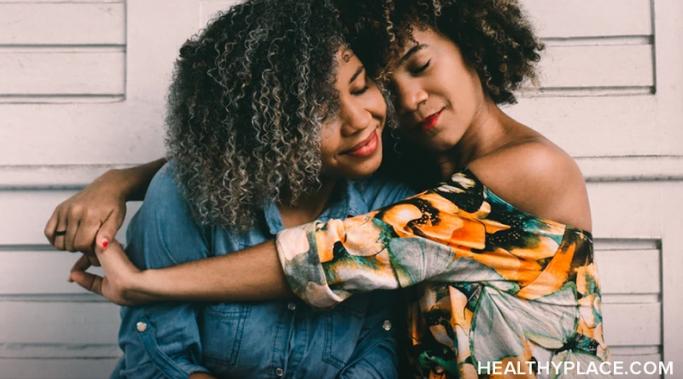Blogs
I talked a little about cleaning in my last video and the cathartic effects I find in giving away things I don’t really need. I feel as though a discussion on the benefits of minimalism to curb anxiety is a natural segue way from what came before. I think for anyone with anxiety, trying as best you can to live as minimally as possible is the only healthy way to be.
Ever wonder what long-term eating disorder recovery looks like? Eleven years ago, I could never have imagined what my life would look like now. I assumed based on what everyone was saying that it would be better, but the day-to-day nuances of existence were beyond me. These details were so beyond me, in fact, that it was often hard for me to focus on the short-term goals I set for myself in my recovery. Goals like making time for mindfulness, getting more sleep, getting outside, deep breathing, and paring down my negative self-talk would be crushed under the weight of what the unknown future held.
I am a big believer in the idea that writing can help with recovery from mental illness. I am a professional freelance writer now, but even before I made my living by writing, I used writing in a variety of ways to help with my recovery from mental illness.
One of the ways you know you have healthy self-esteem is when you take charge of your own happiness instead of expecting others to fulfill your needs. People with poor self-esteem worry that they are not making others happy but rarely think about learning how to give themself satisfaction. If you find that you look for happiness externally instead of learning how to satisfy yourself, read on about my last couple of weeks and how taking charge of my own happiness helped my self-esteem.
There are so many different schools of thought on how to support someone who is mentally ill. In the early days of my brother's diagnosis, I frantically researched the best ways to help him and found myself entirely overwhelmed with all the conflicting information that's out there. One blog would tell me to listen to him talking about his anxious thoughts, the next would tell me to redirect the conversation to avoid fixation. One blog would encourage me to design a routine where the family had coffee together every morning, the next would say to remove all caffeine-based stimulants from the house. I didn't know who to listen to.
I've been thinking a lot the past few weeks about how to cultivate anxiety tolerance. With the beginning of my Ph.D. program on the horizon, I've been grappling with questions about how I'll handle a range of situations. I am worried about moving, succeeding in the program, making friends, and a random assortment of other questions that seem to pop up unasked throughout the day.
How do you know if sharing too much information is a problem attention-deficit/hyperactivity disorder (ADHD) causes for you? Do you ever find yourself during a conversation anxiously waiting for the person to finish their sentence so you can get your thoughts out before you forget? Do you have word vomit, fixate over the things you wish you would've said, or do you go off on tangents when you speak? Even worse, have you been told or noticed that you share too much information? Then you're in good company.
In some families, it is normal to worry about developing schizoaffective disorder. When my uncle first got sick with schizophrenia and with bipolar disorder (which was then called manic depression) in the late 1950s, his little sister, my mother, was afraid she would get sick, too. She was 12 years younger than him. Similarly, when I got sick with schizoaffective disorder, bipolar type, my brother, Billy, only two-and-a-half years younger than me, was afraid he’d get sick. Here is my story of living with schizoaffective disorder and knowing it is an illness that other people are afraid to have.
To my knowledge, generational addiction has impacted both sides of my family for at least four generations. Specifically, alcoholism and its devastating effects have weighed heavily on three of my four grandparents.
While knowing the exact cause of your anxiety isn't necessary to overcome it, understanding what's underlying your worries and fears can help you address the causes of anxiety and provide insight into what might be holding you back from living a full life unencumbered by anxious thoughts, feelings, and behaviors. Now we'll look at five ways you can address these anxiety causes to start to take back your life.









